\"Knowledge without action is wastefulness and action without knowledge is foolishness.\" Al-Ghazali’s timeless wisdom holds immense relevance today. In our fast-paced world, we often find ourselves acquiring vast amounts of information without putting it into practice. This not only leads to wasted potential but also prevents us from achieving our goals. Al-Ghazali, a prominent philosopher and theologian, emphasized the need to balance knowledge and action, a principle that remains crucial in modern life.
\"Knowledge without action is wastefulness and action without knowledge is foolishness.\" Al-Ghazali’s teachings are rooted in the idea that understanding and doing must go hand in hand. Whether it’s in education, career decisions, or personal growth, applying what we learn is essential. For instance, knowing the benefits of a healthy diet means little if we don’t actually change our eating habits. This balance is key to making meaningful progress in any area of life.
In his major works like \"The Incoherence of the Philosophers\" and \"The Revival of Religious Sciences,\" Al-Ghazali explores the integration of faith and reason. He lived during a time of vibrant intellectual debates, where rationalists and traditionalists clashed. Al-Ghazali’s ability to harmonize these perspectives is what makes his teachings so impactful. His insights encourage us to not just learn, but to implement our knowledge in practical ways.
The principle that \"Knowledge without action is wastefulness and action without knowledge is foolishness\" resonates deeply in today’s information age. We have access to endless resources, but if we don’t act on this information, it becomes useless. Conversely, taking action without proper knowledge can lead to mistakes and setbacks. This duality emphasizes the need for informed decision-making and continuous learning.
Real-life examples illustrate the importance of this balance. Historical figures like Leonardo da Vinci exemplified the harmony of knowledge and action through their contributions to science and art. In contemporary times, entrepreneurs like Elon Musk showcase how extensive research and bold action can drive innovation. These examples inspire us to apply Al-Ghazali’s teachings in our own lives.
Reflecting on Al-Ghazali’s wisdom, we should strive to integrate learning and doing. Setting SMART goals—Specific, Measurable, Achievable, Relevant, and Time-bound—can help us turn knowledge into action. Continuous learning through workshops, courses, and mentorship ensures that our actions are informed and effective. By embracing this balance, we can navigate challenges more effectively and achieve personal and professional growth. Let’s reflect on these lessons and apply them to make a positive impact.





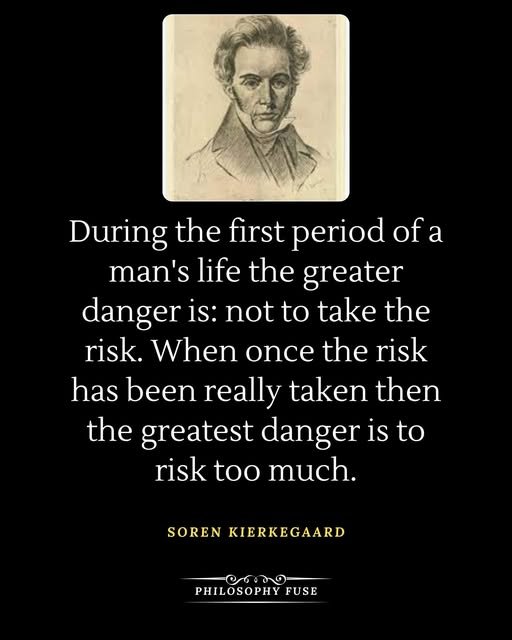


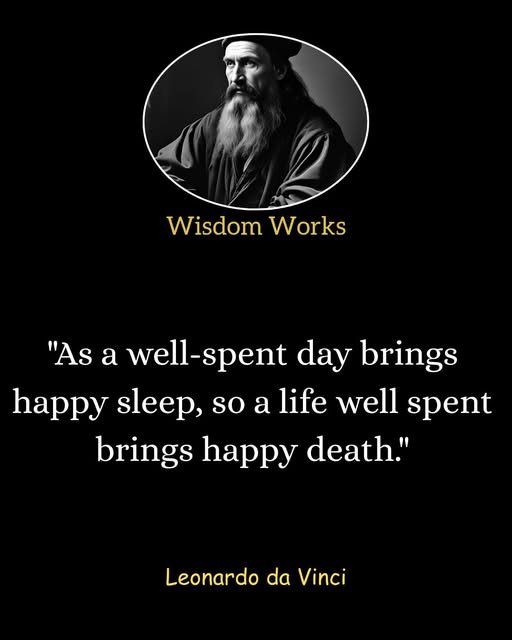







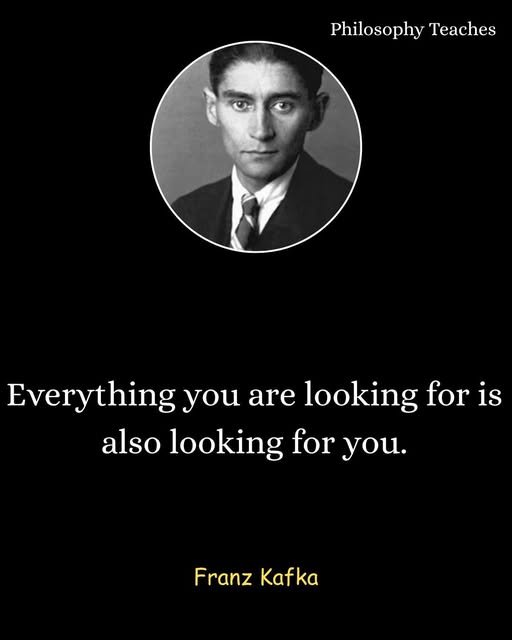

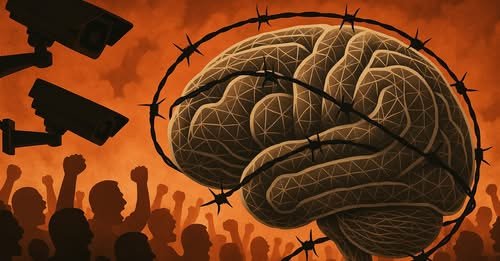

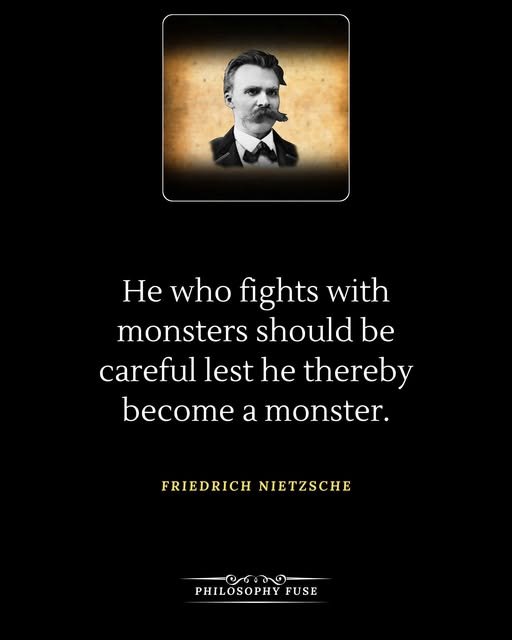






.jpeg)




.jpeg)
.jpg)















.jpeg)






.jpg)

.jpeg)

.jpg)


.jpg)








.png)

.jpg)






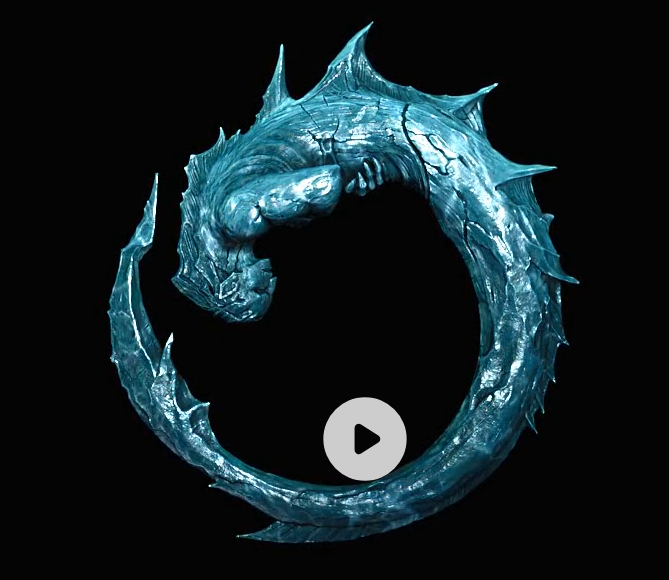

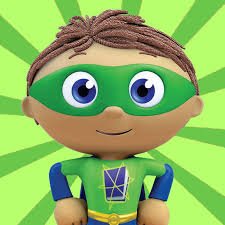



.jpg)



.jpg)
.jpeg)

.jpg)

